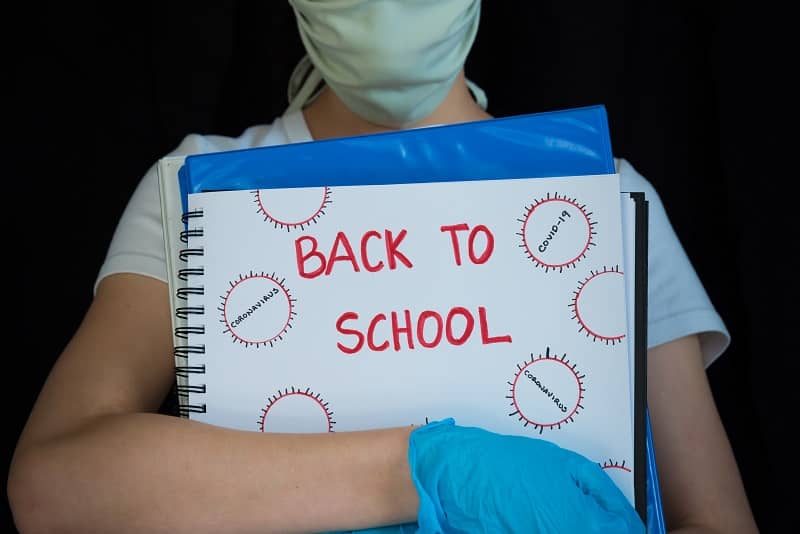

An influential group of business and political leaders just completed their fifth annual Oregon Leadership Summit last week. Those in attendance agreed that sustainability should be the hallmark of Oregon’s economic future. Last year the rallying cry was about improving public education, but this year the group seemed to have little new to say about how to improve Oregon’s education system.
The Governor is proposing a $750 million-plus increase in the next state K-12 education budget, but as an Oregonian analysis recently revealed, most of that increase will never reach the classroom. It will be eaten up in salary increases, rising employee health costs, PERS pension contributions, and higher prices for supplies and services.
Even if the extra cash were able to reduce class sizes, hundreds of econometric studies document that there is little correlation between increased spending on education and better outcomes. Giving more money to the same education bureaucrats responsible for the system’s current state won’t likely help.
Past business efforts to help education aren’t model solutions either. “Adopt-a-school” programs, public-private partnerships and other cooperative ventures may help isolated students or classrooms, but they were not designed to fundamentally improve public schools, and they haven’t.
Business leaders must recognize that a sustainable economy won’t do much good if the workers and consumers in it are poorly educated. These leaders should understand that the best way to improve education is to apply the lessons they learn every day in the marketplace: that competition breeds quality, that investment without productivity is wasteful, and that producers must be accountable to consumers. Adapting these lessons to the classroom is how business can make sure that a sustainable economy is also a productive economy for business, labor and consumers alike.
© 2007, Cascade Policy Institute. All rights reserved. Permission to reprint in whole or in part is hereby granted, provided the author and Cascade Policy Institute are cited. Contact Cascade at (503) 242-0900 to arrange print or broadcast interviews on this topic. For more topics visit the QuickPoint! archive.











